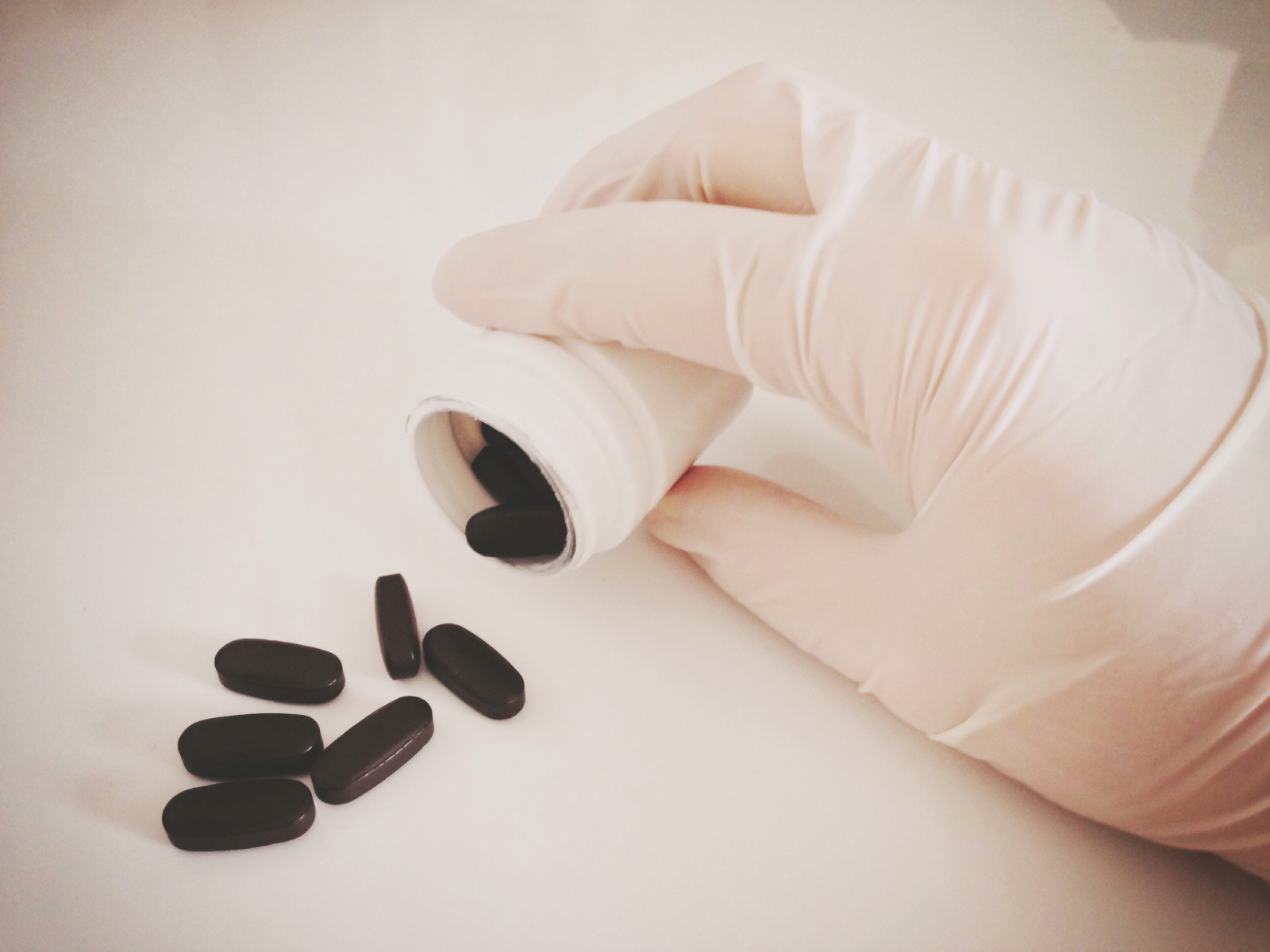Opioid drugs, like morphine, can paradoxically cause chronic pain conditions, new  research has shown.
research has shown.
The opioids are the most effective pain-killing agents available to doctors, but there may well be an unintended sting in the tail following their use.
A paper out this week in the journal PNAS by University of Colorado scientist Peter Grace and his colleagues found that a course of morphine given over a 5 day period from ten days after sustaining an injury doubled the duration of the recovery period before the animals became pain free again.
By the studying the spinal cords of the animals, the Colorado team found that injury to peripheral nerves causes inflammation and activation of a class of immune cells called microglia.
These cells were also activated by exposure to morphine, although not via the so-called "opioid receptor" pathways through which the drug achieves its pain-killing effects.
Instead, exposure to morphine was triggering the release of inflammatory signals that seem to further compound the activation of the microglial cells.
"This double hit of the injury and the morphine together pushes the cells into a state of over-drive," says Grace, "and this alters the way pain is processed in that part of the nervous system, producing chronic pain symptoms."
These findings help to explain the experiences of many patients who begin to take opioid drugs to control pain but then find that, despite escalating dosage regimes, their symptoms progressively worsen. "They can get locked into a positive feedback loop," explains Grace.
Fortunately there is some good news too. The researchers found that, by using a genetic technique to temporarily deactivate the microglial cells in the spinal cord, is was possible to achieve the beneficial effects of a course of morphine but without risking the development of chronic pain.
"So we're now investigating some drug candidates that will do the same thing and enable us to block the way these microglial cells respond to the injury and the morphine so we can prevent acute pain becoming a chronic syndrome," concludes an upbeat Grace.
- Previous Fish Prefer Plastic Over Food
- Next Universal cancer vaccine









Comments
Add a comment